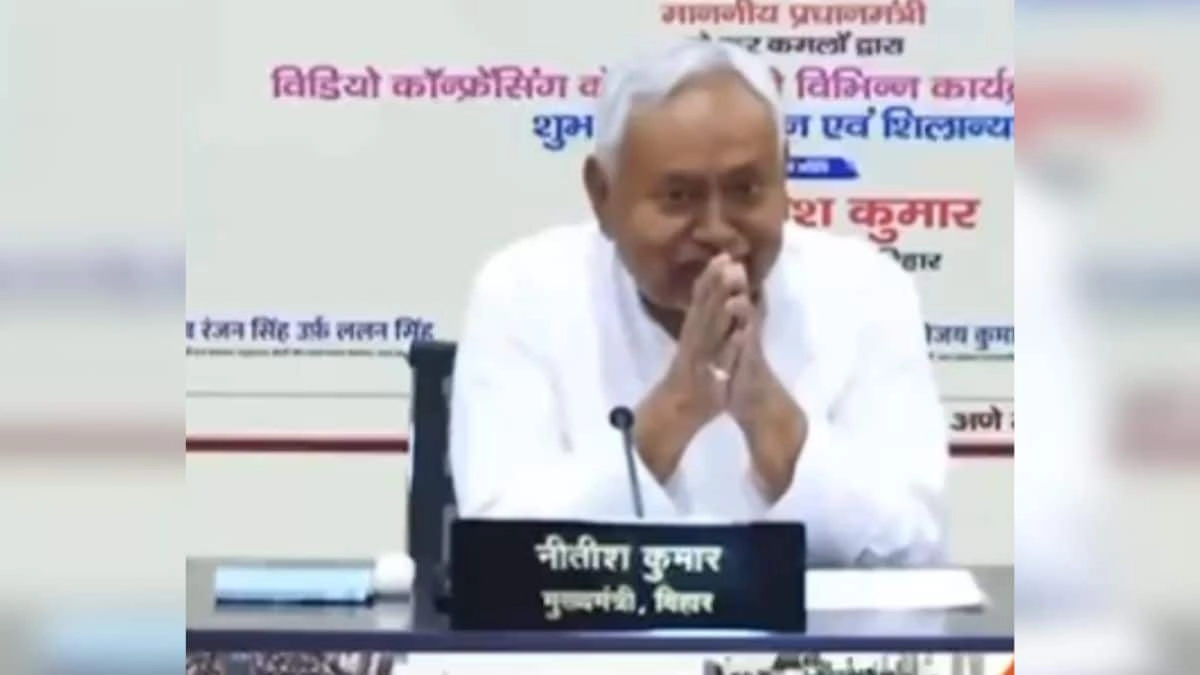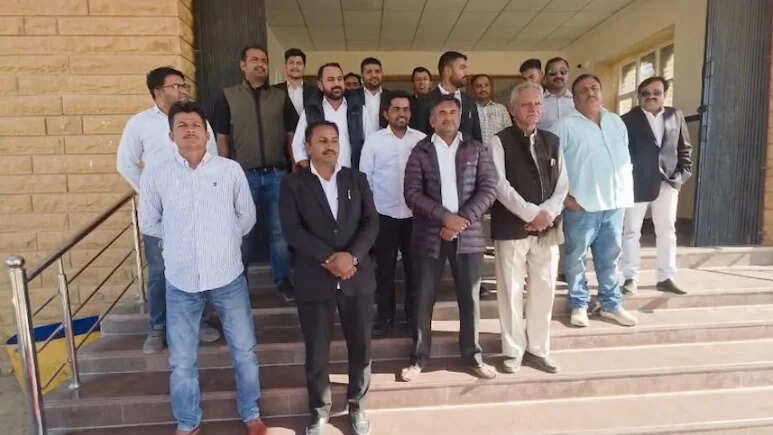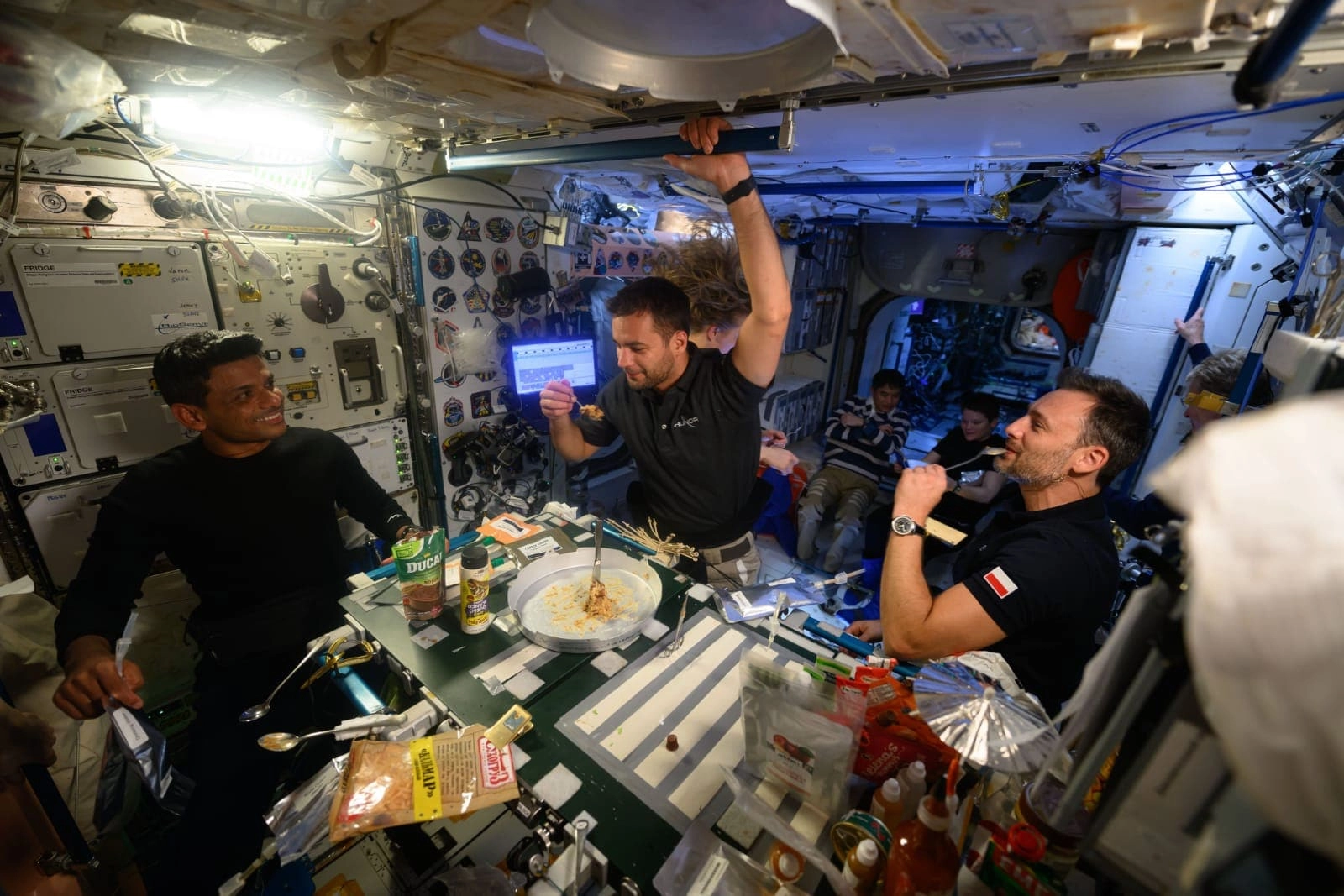During a recent virtual meeting with Prime Minister Narendra Modi, Bihar Chief Minister Nitish Kumar’s gesture of folded hands caught significant attention. This simple yet profound gesture is often seen as a sign of respect and humility, especially in Indian culture. In the context of political meetings, such non-verbal cues can carry substantial weight, reflecting the dynamics of the relationship between leaders. Kumar’s folded hands could be interpreted as a symbol of his acknowledgment of the Prime Minister’s authority, as well as a display of his commitment to collaboration and cooperation in governance.
The meeting itself was likely focused on various developmental initiatives and issues pertinent to Bihar, a state that has faced its share of challenges over the years. By adopting a posture of respect, Nitish Kumar may have been signaling his willingness to work together with the central government to address these challenges. The visual representation of his gesture, combined with the serious discussions that were probably taking place, emphasizes the importance of unity and collective action in the realm of Indian politics, where regional leaders often seek support from the central authority to implement their agendas.
Moreover, such gestures during high-profile meetings can also influence public perception. The people of Bihar and the wider Indian electorate may interpret Kumar’s demeanor as an indication of his political strategy. It could reinforce his image as a leader who values decorum and diplomacy, traits that are essential in navigating the complexities of coalition politics. The display of respect towards the Prime Minister may also resonate with his constituents, fostering a sense of stability and partnership between state and central governance.
In conclusion, Nitish Kumar’s folded hands gesture during the virtual meet with PM Modi encapsulates more than just a moment of respect; it reflects the intricate fabric of Indian political dynamics where gestures can convey a multitude of meanings. As leaders engage in discussions that shape the future of their regions, such non-verbal cues remind us of the significance of mutual respect and collaboration in achieving common goals. The impact of this meeting, underscored by Kumar’s respectful posture, may extend beyond the immediate context, influencing political narratives and relationships in the months to come.




